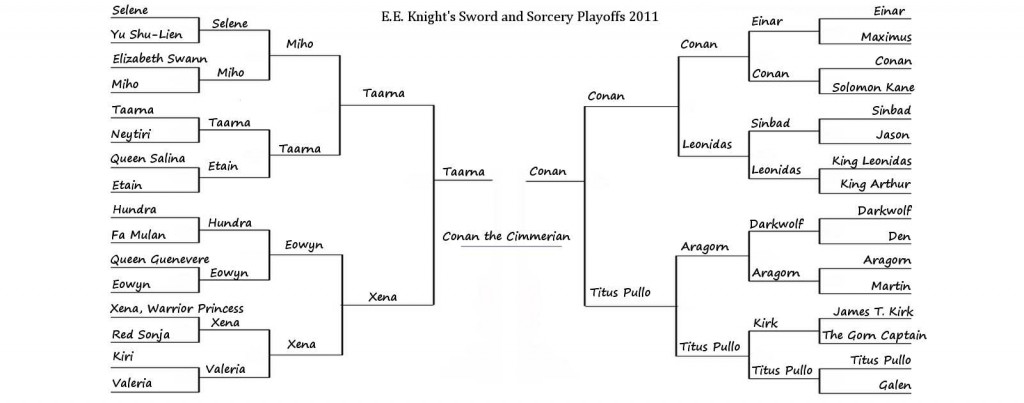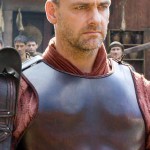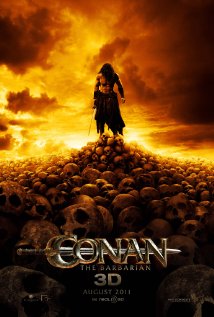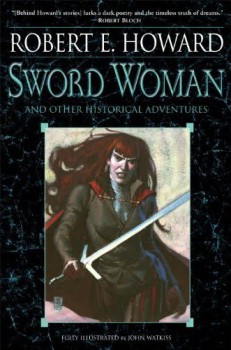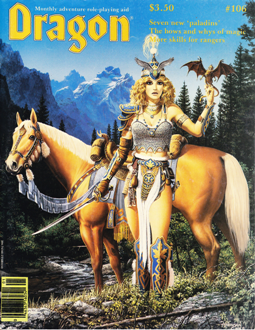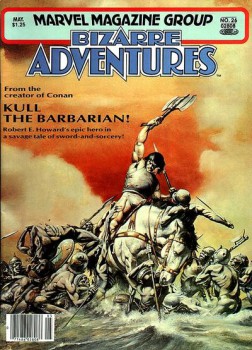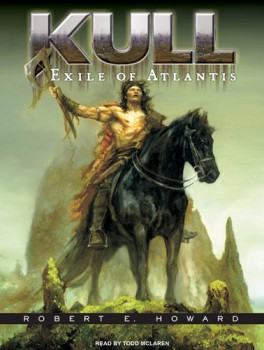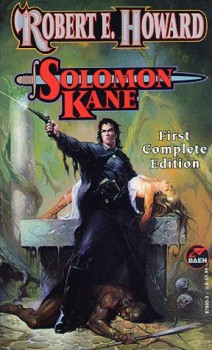Conan Soundtrack: I Got a Fever, and the Prescription is MORE ANVIL!
 Back in the dim mists of 1997, the City of Prague Philharmonic Orchestra and Chorus recorded a music festival devoted to Warriors of the Silver Screen. All sword and sandal-type movie music. I was thrilled with it, mostly because the conductor clearly appreciated Nascimbene’s score for 1958’s The Vikings. He liked it so much, he ended the album with a suite from the score, featuring full orchestra and chorus. Who can forget those hearty longship voices singing, during the Viking funeral at the end:
Back in the dim mists of 1997, the City of Prague Philharmonic Orchestra and Chorus recorded a music festival devoted to Warriors of the Silver Screen. All sword and sandal-type movie music. I was thrilled with it, mostly because the conductor clearly appreciated Nascimbene’s score for 1958’s The Vikings. He liked it so much, he ended the album with a suite from the score, featuring full orchestra and chorus. Who can forget those hearty longship voices singing, during the Viking funeral at the end:
Kirk Douglas! Kirk Douglas!
You should have worn your eyegear while training falcons!
I think. Wow, Taras Bulba too! Talk about a blast from the swashbuckler past. That one’s so old, Yul Brynner had hair. Great album, and well worth hunting up.
One of the most tantalizing pieces in the set was taken from Poledouris’s Conan The Barbarian (the “Conan Theme,” to be precise). It featured every metal percussion instrument you could think of, including a hammer and anvil, pounding in time to the Conan music. If a swordfight could be rendered on sheet music, Paul Bateman scored it. After that, I always wished I could get the whole soundtrack done with such innovative orchestration.
In 2010, my musical wet dream finally showed up. Topless. On a rocket sled.
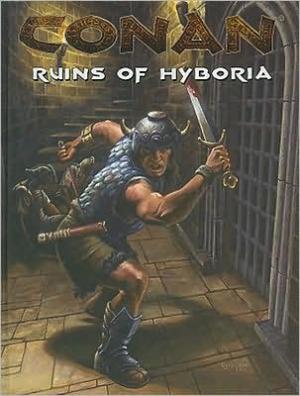
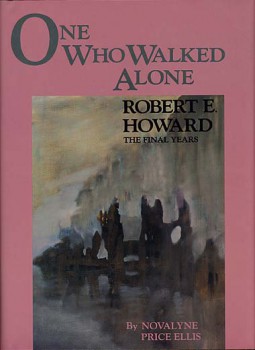 It couldn’t have been easy for Novalyne Price Ellis to write One Who Walked Alone: Robert E. Howard the Final Years (Donald M. Grant Publisher, Inc., 1986). Price Ellis’ memoir of her relationship with Howard (roughly 1934-36) is illuminating in its raw honesty. It’s also painful, at turns disappointing and downright frustrating. We might find escape in Howard’s sword and sorcery tales but there is none to be found here.
It couldn’t have been easy for Novalyne Price Ellis to write One Who Walked Alone: Robert E. Howard the Final Years (Donald M. Grant Publisher, Inc., 1986). Price Ellis’ memoir of her relationship with Howard (roughly 1934-36) is illuminating in its raw honesty. It’s also painful, at turns disappointing and downright frustrating. We might find escape in Howard’s sword and sorcery tales but there is none to be found here.